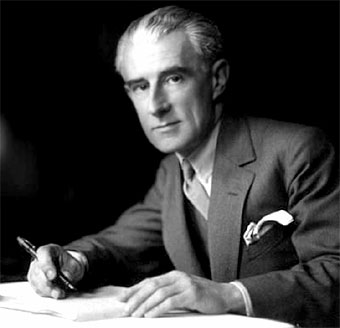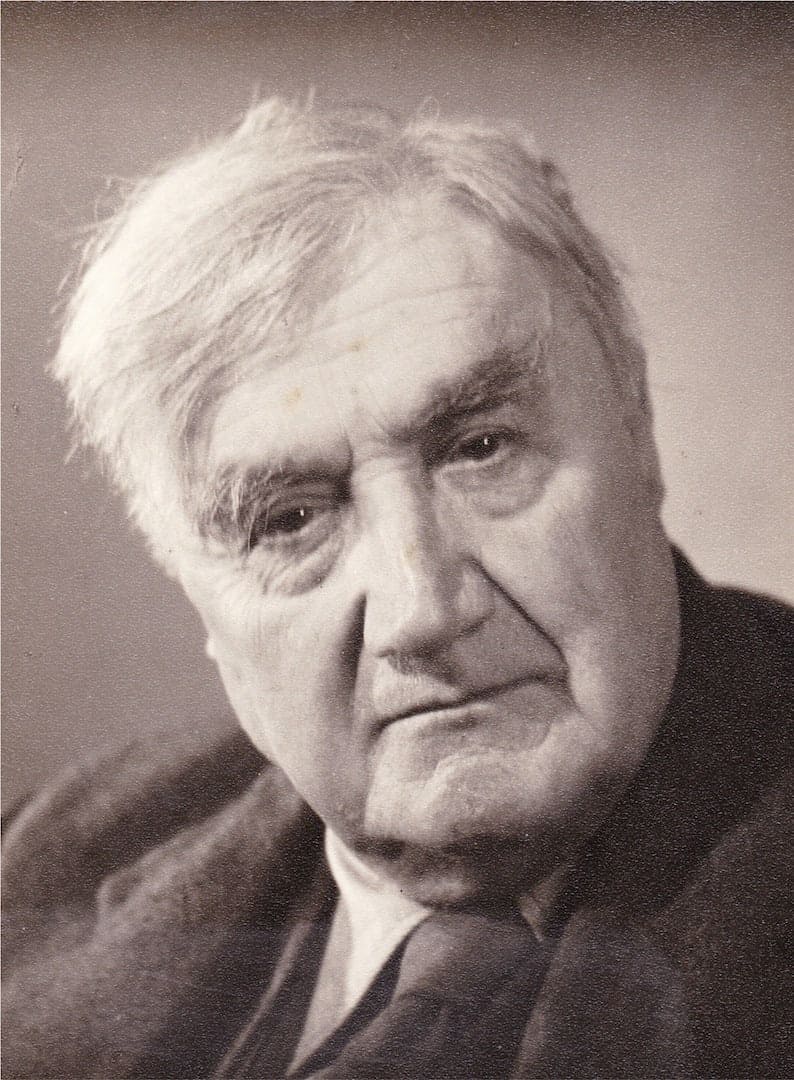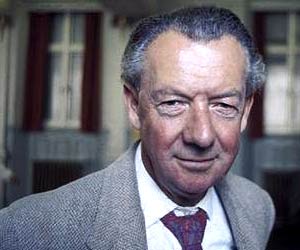"No man is complete without a feeling for music
and an understanding of what it can do for him."
AUTHOR: Zoltan Kodaly

MEANING OF THE QUOTE:
"Complete fulfillment in life is not possibleunless you have some music appreciation."
COMPOSER
DEBUSSY
From: Pour le Piano
 |
| Roybet: Sarabande |
Sarabande II
From: Pour le Piano
(Impressionistic Art)
Debussy’s Sarabande, which dates
from the winter of 1894, progresses
"with a solemn and slow elegance"
that mirrors the stately pace of the
Baroque dance for which it was
named. Originally written for piano,
it was later orchestrated by
 |
| Maurice Ravel |
in 1923, five years
after Debussy’s death.
Sarabande II
From: Pour le Piano
Maurice Ravel, Orchestral Arrangement
Maurice Ravel, Orchestral Arrangement
 |
| http://www.pianostreet.com/smf/index.php?topic=52890.0 |
Sarabande II
From: Pour le Piano
Analysis Through Added Lyrics
https://www.youtube.com/watch?v=LaSS4JzvGQg
http://www.musicteachers.co.uk/resources/debsara.pdf
Sarabande
(Spanish: Zarabanda)
Originally this was a Latin American dance
form from the 17th and 18th centuries. The
dance was banned by Philip II in 1583
https://www.youtube.com/watch?v=LaSS4JzvGQg
http://www.musicteachers.co.uk/resources/debsara.pdf
Sarabande
(Spanish: Zarabanda)
Originally this was a Latin American dance
form from the 17th and 18th centuries. The
dance was banned by Philip II in 1583
 |
| Phillip II of Spain |
because it was regarded as loose and ugly,
'exciting bad emotions.' Introduced to France
and England in the early 17th centuries, this
dance transformed into a more stately version
in a slower triple time. Sarabandes became a
standard movement of the suite form in the
instrumental works by Henry Purcell,
Sarabande from "Dioclesian"
By Henry Purcell
Dr. Ricardo Barros, Choreography
'exciting bad emotions.' Introduced to France
and England in the early 17th centuries, this
dance transformed into a more stately version
in a slower triple time. Sarabandes became a
standard movement of the suite form in the
instrumental works by Henry Purcell,
Sarabande from "Dioclesian"
By Henry Purcell
Dr. Ricardo Barros, Choreography
J. S. Bach, and G. F. Handel. In the
20th century it was revived by Debussy,
Satie, Vaughan Williams (in "Job"),
 |
| Ralph Vaughan Williams |
JOB, A MASQUE
FOR DANCING(1931)
FOR DANCING(1931)
By Ralph Vaughan Williams
I. Introduction - Saraband of the sons of God
II. Satan's dance of triumph / Minuet of the sons of Job and their wives
III. Job's dream
IV. Dance of the three messengers
V. Dance of Job's comforters
VI. Elihu's dance of youth and beauty - Pavane of the sons of the morning
VII. Galliard of the sons of the morning - Altar dance
IX. Epilogue
and Benjamin Britten
 |
| Benjamin Britten |
(in "Simple Symphony").
Simple Symphony Op. 4
By Benjamin Britten
By Benjamin Britten
Chuhei Iwasaki, Conductor
Iwasaki Philharmonic Orchestra Prague
https://www.youtube.com/
watch?v=sAtwt0-oB6E#t=10
1. Boisterous Bourree 0:00
2. Playful Pizzicato 3:17
3. Sentimental Saraband 6:45
4. Frolicsome Finale 13:07
https://www.youtube.com/
watch?v=sAtwt0-oB6E#t=10
1. Boisterous Bourree 0:00
2. Playful Pizzicato 3:17
3. Sentimental Saraband 6:45
4. Frolicsome Finale 13:07
 |
| Nicolas Lancret: La Camargo Dancing |

